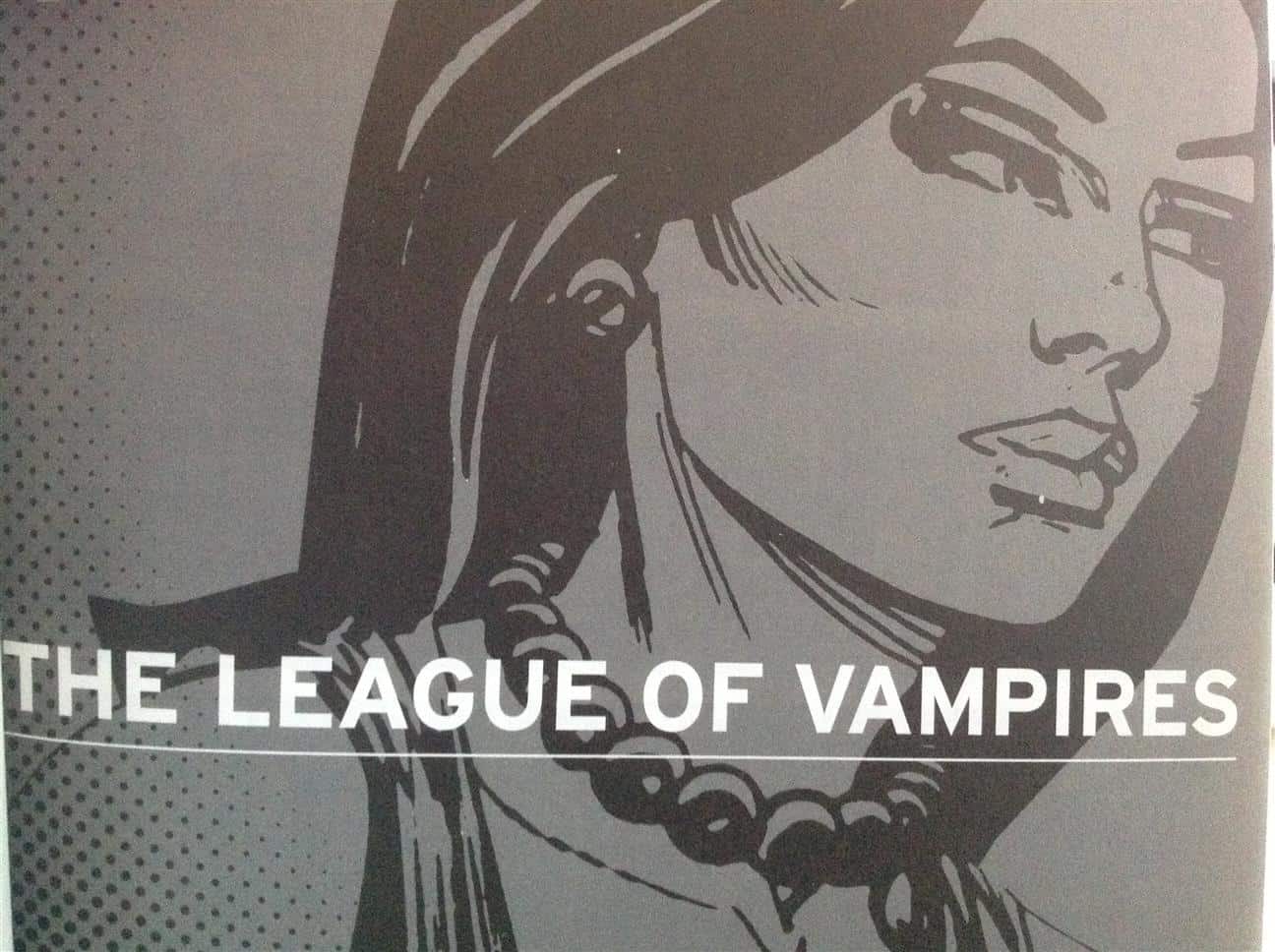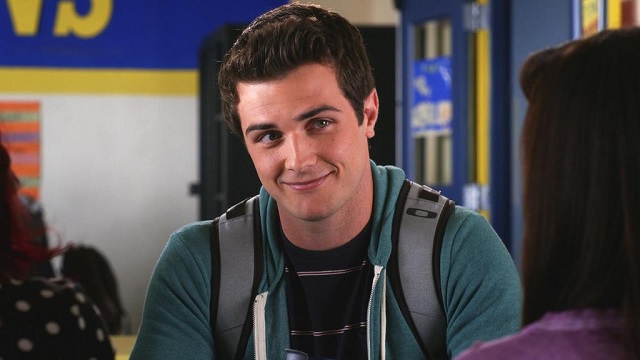Sisters
Directed by Brian De Palma
USA – 93 min. Color
One of Brian De Palma’s best known early works, Sisters is draws on both the psychological thriller and the kind of body horror one expects from the likes of David Cronenberg. In a set-up reminiscent of Alfred Hitchcock’s Rear Window, a reporter witnesses a murder in the across apartment, but when she calls in the police to investigate, there is no indication of any wrong-doing. The familiarity of the basic narrative, however, is twisted by absurdities; for one, the main suspect in the murder is a French Canadian model who was separated from her conjoined twin the previous spring.
The similarities this film shares with the work of Alfred Hitchcock does not end with the story, and De Palma’s aesthetic is filled with auditory and visual homages to the master of suspense. Brian De Palma’s influences have never been a secret, and his use of other filmmakers’ works consistently treads a very fine line between tribute and rip-off. The affection that he obviously has for Hitchcock however, does not eclipse his own unique vision, and the film takes more than its share of unexpected twists and turns.
The effectiveness of these twists is directly linked to the audiences’ understanding and expectations of psychological thrillers, and though in recent years movies like Jacob’s Ladder and The Sixth Sense consistently play with our expectations of narrative and genre, Sisters borrows heavy use of Hitchcock in its early scenes creates a misplaced sense of ease in the audience. When it begins to depart from the trappings, the events that follow become all the more disturbing. These plays with tone and style are not easy, and they can alienate as much of the audience that they endear. The film’s overzealousness in particular may be off-putting to some, especially in the overbearing use of Bernard Hermann’s score. The music is sometimes so loud and abrasive that it is able to dominate the events happening onscreen. In particular, during the murder sequence, it is so loud that it is difficult to concentrate on the peculiarities of the style and editing. This is a shame, because I think there are few filmmakers who have a better flair for montage than De Palma.
Margot Kidder as a French Canadian is a sight to behold, and I’ve yet to see any actor outside of Quebec to really master the nuances of the Quebecois accent. As a Montrealer, I find her attempt amusing, but it doesn’t really detract from the strength of her physical performance. I have always found her to be a fascinating screen presence, perhaps because she is so unhinged and physically engaged in her roles. I think in particularly she excelled within the horror genre, where her mortality and psychology have to be exaggerated as a means of engaging completely the consequence of violence on the human body. Though very different, her performance here and in Black Christmas are the stand-outs of her career.
What really makes Sisters worthwhile, however, are the strange quirks of the narrative and the cryptic final act. There is much debate over the open-ended final scene, and probably more over the strange flashback/dream sequence that leads into it. It is something one would expect in an obscure European art film, not an American horror film. The moral issues relating to human nature, mental illness and the human body are fascinating, though perhaps somewhat underdeveloped. In particular, the use of hypnosis seems to have just been thrown into the narrative with little thought and though the effect is fascinating, it is also a bit disorienting. I can’t help feeling that some of the unsettling nature of the film’s finale is due to inept writing – it sits oddly against the strength of the film’s aesthetic and overall narrative.
over the open-ended final scene, and probably more over the strange flashback/dream sequence that leads into it. It is something one would expect in an obscure European art film, not an American horror film. The moral issues relating to human nature, mental illness and the human body are fascinating, though perhaps somewhat underdeveloped. In particular, the use of hypnosis seems to have just been thrown into the narrative with little thought and though the effect is fascinating, it is also a bit disorienting. I can’t help feeling that some of the unsettling nature of the film’s finale is due to inept writing – it sits oddly against the strength of the film’s aesthetic and overall narrative.
Despite the film’s minor problems, Sisters is a film that remains worthwhile for any fan of Hitchcock or horror. It defies the odds and nearly forty years after its release, still has the power to shock.
– Justine Smith




